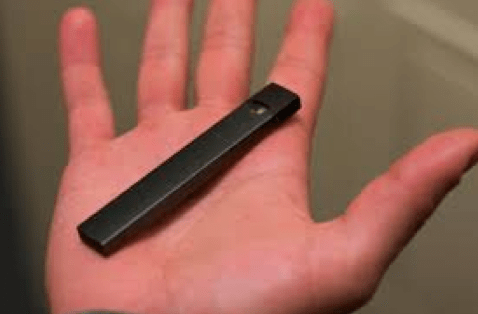
Credit
As journalistic and legislative scrutiny of the role of the pharmaceutical industry in the opioid epidemic continues, several new reports focus on the potential of litigation to curb Big Pharma abuses.
In The New England Journal of Medicine, Rebecca Haffajee and Michelle Mello, two public health lawyers, examine drug companies’ liability for the opioid epidemic. They describe five legal rationales for litigation against opioid makers and distributors that federal and state government agencies have used:
- Blaming the industry for unreasonably interfering with public health by oversaturating the market with drugs and failing to guard against misuse and diversion,
- Charging the industry with deceptive marketing that makes false claims about effectiveness and addictiveness,
- Accusing the industry for lax monitoring of suspicious opioid orders, a potential violation of the federal Controlled Substance Act,
- Asserting that the industry continued to promote opioid use despite mounting evidence lining the product to adverse health outcomes,
- Alleging that the industry accrued profits at the government’s expense through unfair business practices.
The authors outline some of the challenges facing litigation against opioid manufacturers but conclude that “litigation could help alleviate the opioid epidemic by changing industry practices and building public awareness.”
In an Oklahoma lawsuit recently described in The New York Times, a lawyer is using the Cherokee Nation tribal court to sue Walmart, Walgreens and CVS Health, as well as McKesson and other major drug distributors, for violating federal drug monitoring laws(reason 3 above) and enabling prescription opioids to flood into the Cherokee nation. “I believe these companies target populations” Todd Hembree, the Cherokee Nation attorney general, told The New York Times. “They know Native Americans have higher rates of addiction. So when they direct their product here, they shouldn’t be surprised to find themselves in a Cherokee court.”
The Washington Post and 60 Minutes investigated the failure of the U.S. Department of Justice to follow the recommendation of a Drug Enforcement Agency task force working across 11 states to revoke registrations to distribute controlled substances at some of the 30 drug warehouses of The McKesson Corporation, the nation’s largest drug company. The DEA team wanted to fine the company more than $1 billion and bring the first criminal case against a drug distribution company. Instead, reports The Post, “top attorneys at the DEA and the Justice Department struck a deal earlier this year with the corporation and its powerful lawyers, an agreement that was far more lenient than the field division wanted…. Although the agents and investigators said they had plenty of evidence and wanted criminal charges, they were unable to convince the U.S. attorney in Denver that they had enough to bring a case.”
Note to Corporations and Health Watch readers: Our next post will be on January 3,2018. Happy New Year!


